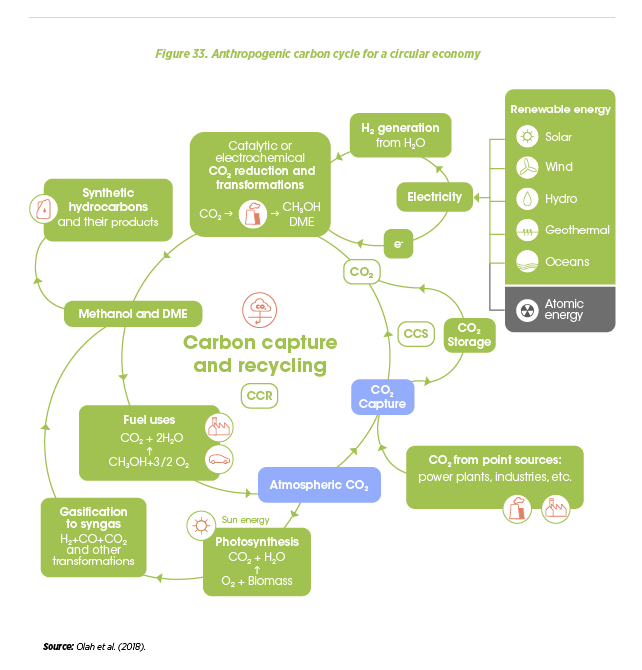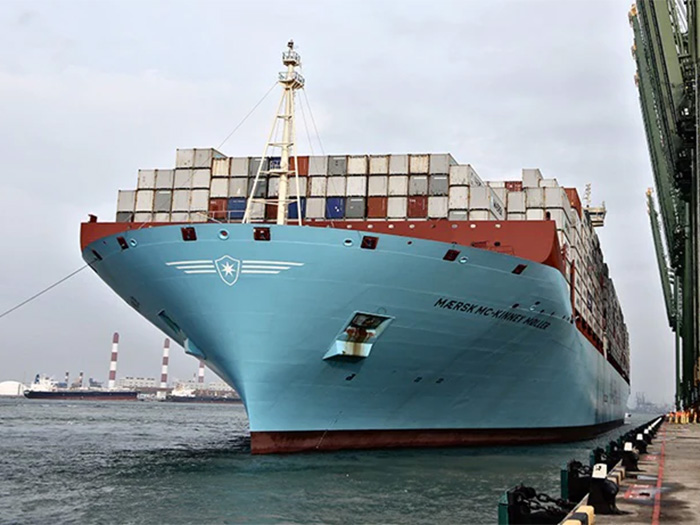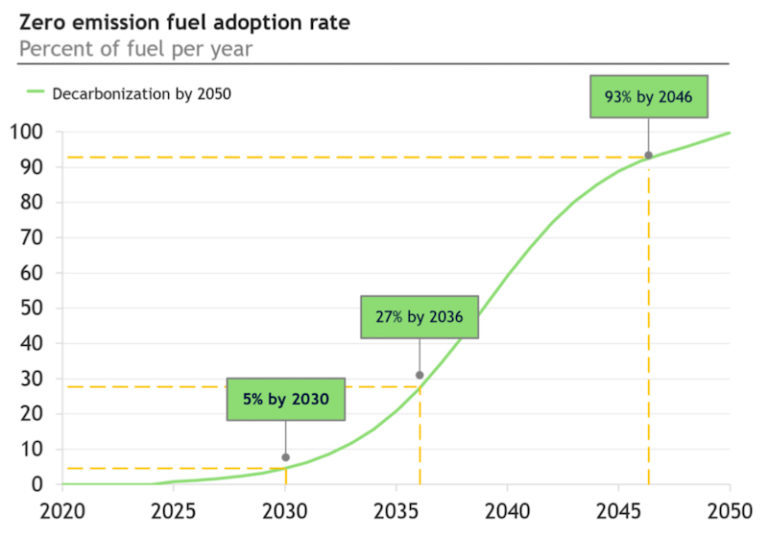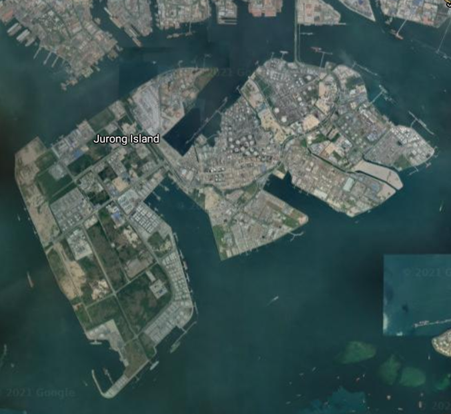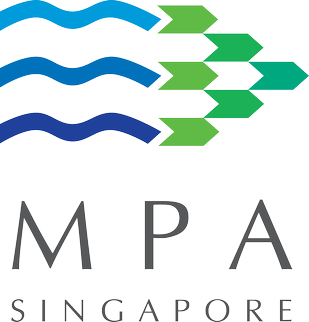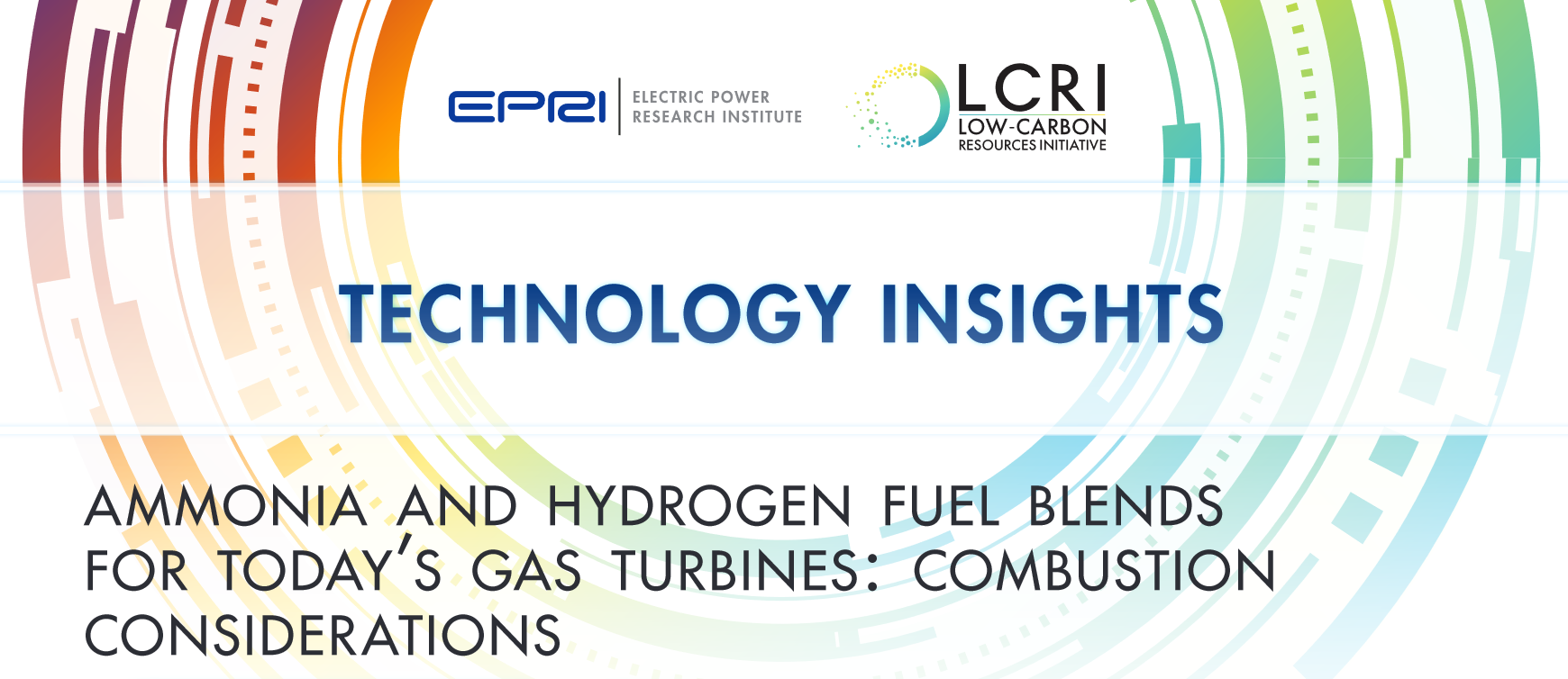Singapore
The Emerging Ammonia-Methanol Dialectic
Based on recent press reports, ammonia has a new friend: methanol. With the two upstart fuels being mentioned together with increasing frequency, they seem poised to develop on parallel paths as each seeks market applications where it can become a mainstay solution.
The Ammonia Wrap: Japan developments, ammonia from wastewater, Fortescue's new carbon-neutral goal, project updates from Australia and H2Pro
Welcome to the Ammonia Wrap: a summary of all the latest announcements, news items and publications about ammonia energy. This week: new Japanese developments, new AiP for ammonia-fueled vessel, Singapore bunkering study, new ammonia from wastewater initiative, Fortescue brings carbon neutrality goals forward to 2030, Australian project updates for Hazer and H2U, and H2Pro updates from Israel.
The Ammonia Wrap: OCI to charter ammonia-fueled vessels, Japanese CCGT units await ammonia, more green ammonia for Chile, new South Korea and Uruguay updates
Welcome to the Ammonia Wrap: a summary of all the latest announcements, news items and publications about ammonia energy. This week: OCI to charter ammonia-fueled vessels, new carbon-free maritime fuels forecast, Hokkaido Electric postpones CCGT deployment, awaits ammonia, more green ammonia for Chile, Net-zero Teesside to include CF Industries ammonia production, South Korea and Uruguay.
Singapore Emerges as a Maritime Ammonia Center
Two recent announcements show Singapore emerging as a center for development of ammonia as a maritime fuel. In both cases, multi-party coalitions, with Singaporean connections, are focusing on ground-breaking work.
The Ammonia Wrap: EU ambitions, new tankers, and GW scale green ammonia in Denmark, Norway, and Chile
Welcome to the Ammonia Wrap: a summary of all the latest announcements, news items and publications about ammonia energy. In this week's wrap: HyDeal Ambition, new marine tankers, fuel forecasts & SOFC developments, a new technical briefing on power generation, UNSW leads research in P2X, GWs of green ammonia in Denmark, Norway and Chile, green ammonia in the Orkneys, new government focus on ammonia in South Africa, and India to make green ammonia production mandatory?


